This store requires javascript to be enabled for some features to work correctly.
-
DECANT NAPA is open! Switch to NAPA store
-
Save 10% automatically when you add 12+ bottles to your cart!
-
DECANT SF & NAPA will be closed for holiday break 01/01-01/06/2025
Producing fewer than 1000 cases per year, Peter's range of Gruner Veltliner and Riesling bottlings astound with their depth and complexity. He eschews the typical viticultural traditions of the Wachau. He is well beyond organic or biodynamic production with his thinking and spends his time cultivating positive working relationships with his insects or conversing with mushrooms and microorganisms that live in the root systems of his vines. These wines are exceptional, whether drinking now, or cellaring and enjoying in the future.
- Winemaker: Peter Veyder-Malberg
- Farming: Organic (uncertified)
- Variety: Riesling
- Terroir: Brandstatt is located in the Spitzer Graben, a valley to the far western end of the Wachau and not within sight or much influence from the Danube river. Here the weather is slightly more extreme in peak summer and low winter temperatures compared to vineyards within sight of the Danube, which makes it more susceptible to frost than much of the Wachau within the river gorge. Peter’s vines range between 440-480 meters of altitude and face South, which brings the much-needed sunshine of the later day to find ripeness within this cold valley and at such a high elevation; it’s always the last vineyard to be picked within Peter’s range. He bought the land in 2009, with most of it being abandoned. After repairing about 70% of the collapsed stone walls he planted Riesling from Buschenberg cuttings
- Soil: Mica schist bedrock and decomposed mica schist topsoil.
-
Vinification: Once the grapes are picked (usually in two pickings for each vineyard, completely avoiding botrytis) they may be macerated for up to 24 hours, depending on the year—higher acid years longer, warm years close to nothing. Basket pressed for 6-8 hours to give clean juice with quality tannins, which helps with mouth feel and protection against oxidation, in turn lowering the amount of sulfites needed to properly protect the wine. Tank settled up to 24 hours—cleaner fruit settles less time or none at all. Fermentations are all natural and in a mix (depending the wine) of stainless steel and 300l-1500l old barrels and usually peak between 20-25C—higher temperatures may develop too much reduction and lower temperatures unwanted superficial esters. Malolactic fermentation is always natural and usually is completed in Grüner Veltlinesr and rarely in Rieslings. First sulfite additions are made after fermentation for Riesling in December or January following the harvest and after malolactic fermentation for Grüner Veltliner in the spring.
-
Aging: Aged in 300-liter old oak barrels (3 total) until the end of winter then put in stainless steel for another 6 months, bottled in August. Sterile filtered (to remove lactic acid bacteria to prevent malolactic fermentation in bottle). No fining
Join our Mailing List
Land Acknowledgement
We acknowledge that we are on the unceded ancestral homelands of the Ramaytush Ohlone (the original inhabitants of the San Francisco Peninsula) and the Wappo & Miwok (the original inhabitants of Napa County).

